DO YOU KNOW What’s Needed To Store Food?!? We Have 4 THINGS!!
This post may contain affiliate links which might earn us money. Please read my Disclosure and Privacy policies hereFood storage is something that everyone should be thinking about, especially in case of an emergency. However, not everyone knows what they need to store food in their home. In this post, we’re going to go over the basics of food storage so you can be prepared for any situation.
Let's begin!
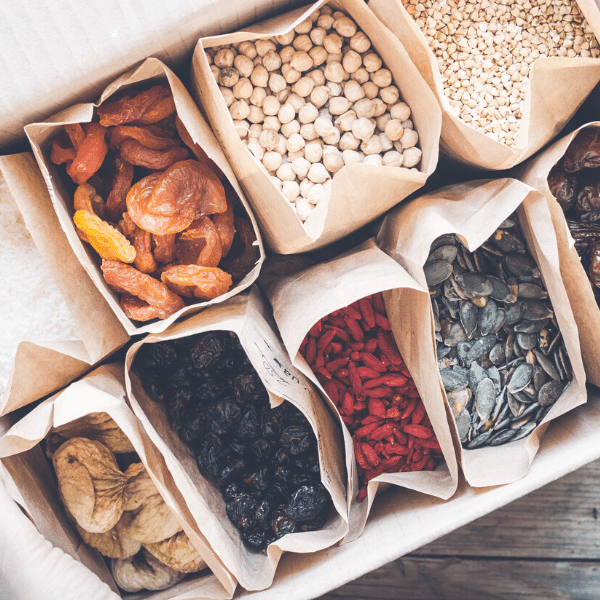
If this year has taught us is that we have to prepare for just about anything. Never in a million years, we will see food shortages, job loss, and so much more.
But one thing we can do is to plan and continue to adapt and, most importantly, keep on living and creating memories.
One thing that we, as a family, decided to do was store food for an emergency. The situation of running out of essential foods and not being able to go to the store, only to find it out of stock, was shocking to say the list.
Storing food saves money and saves time and will help you in the future.
What is the best food to store for emergency?
Canned food is by far some of the best food to store for an emergency. Canned foods are already cooked and safe to eat cold if you have to do so.
You can find fruit, vegetables, meat, pasta, soup…just about anything in canned form. You can also can your own food to add to your emergency supply.
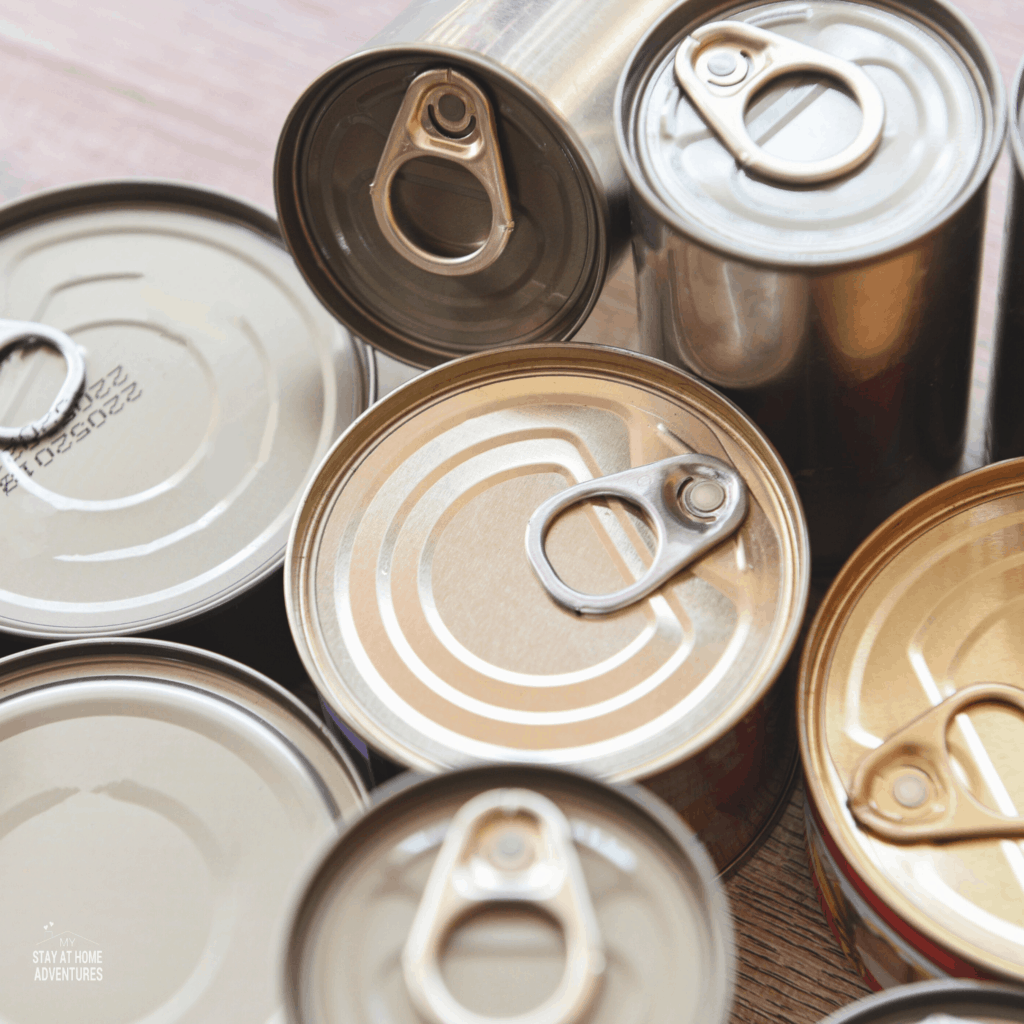
What is the best food to store long term?
Most canned goods have far out best by dates. The food can still be consumed after the best buy date. Cans should be solid topped (the pop tops don’t last as long) and dent-free.
If cans become dented, use them right away. If cans become rusted, toss them. If they are leaking, toss them. You can also vacuum seal foods to make them last longer.
This includes foods like rice, flour, beans, pasta, etc. Lastly, you can purchase emergency food kits that have food made to last 20+ years.
How to store food safely?
Dry and canned goods should be stored in a cool, dark environment. To prolong the life of dry foods, vacuum seal them along with silicone packs to absorb moisture.
There are many dry goods that can be vacuum-sealed. If you have a small space, it is better to store food in storage containers under your bed than to store in the garage. You want an environment that is somewhat controlled when it comes to temperature.
With the way the economy is today, a lot of people are turning back the clock to try and find ways in which to preserve foods, in order to save money.
Let's face it, we all want the food we buy and make to last us the longest it possibly can before spoiling and getting thrown away; that's money just being thrown down the disposal after all.
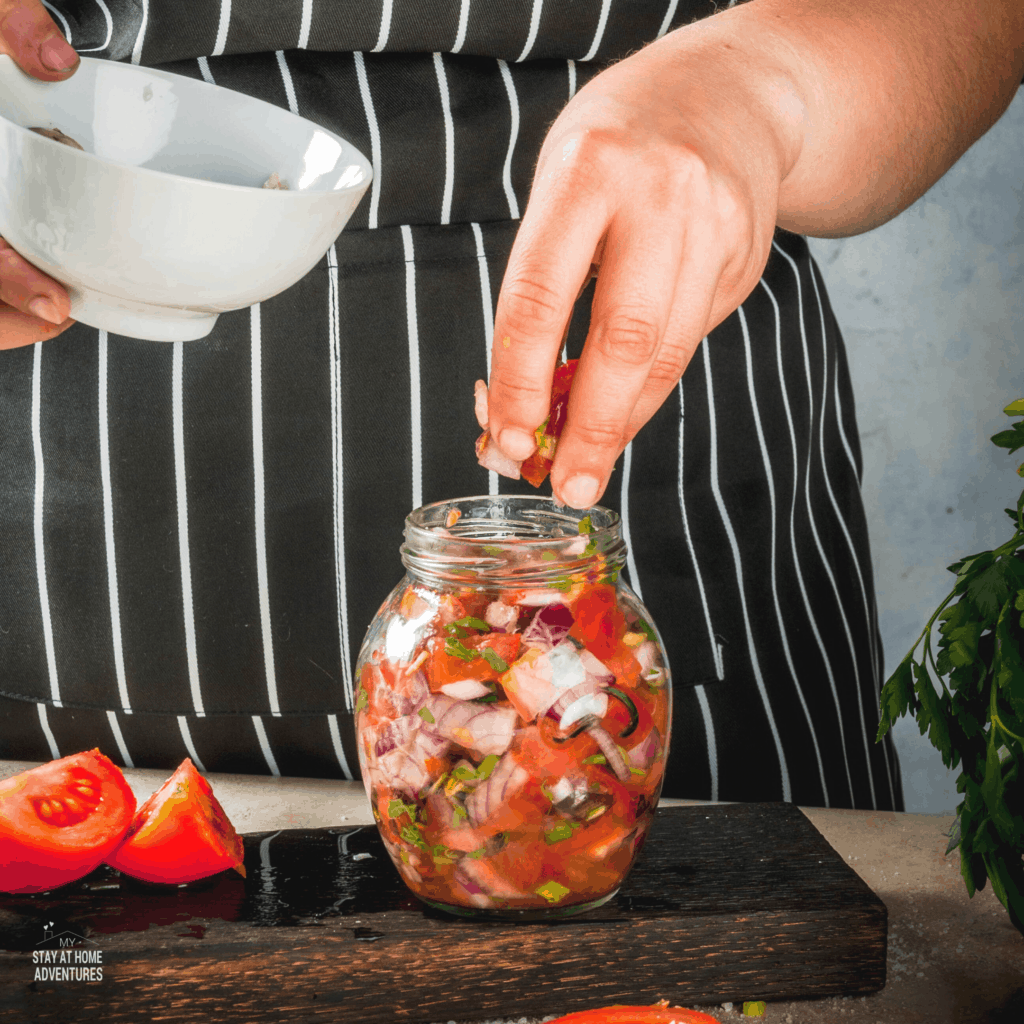
4 Things Needed To Store Food This Year
Canning Food
Perhaps the oldest method of preserving food, and the one that our ancestors tended to use, and hand down from generation to generation was canning.
By canning our food, we can store it in such a way, sealed, that it can last a lot longer, and generally without the necessity of refrigeration.
Canning is the original process that is used to make the various canned and jarred foods that we buy at the store, but it is a process that can be accomplished at home as well.
In order to can at home, you need:
- a source of heat
- generally, salt or sugar as a preservative for the food you are going to can
- canning jars
- a good pot – to prepare the food to be canned usually
- some paraffin or bees wax
Note that wax was often used to top off canned goods, not only to add another seal to protect the food from air getting in, but also as a neutral substance that wouldn't alter the flavor of the food, but that could take up the excess space when your canning foods did not fully fill up the jars.
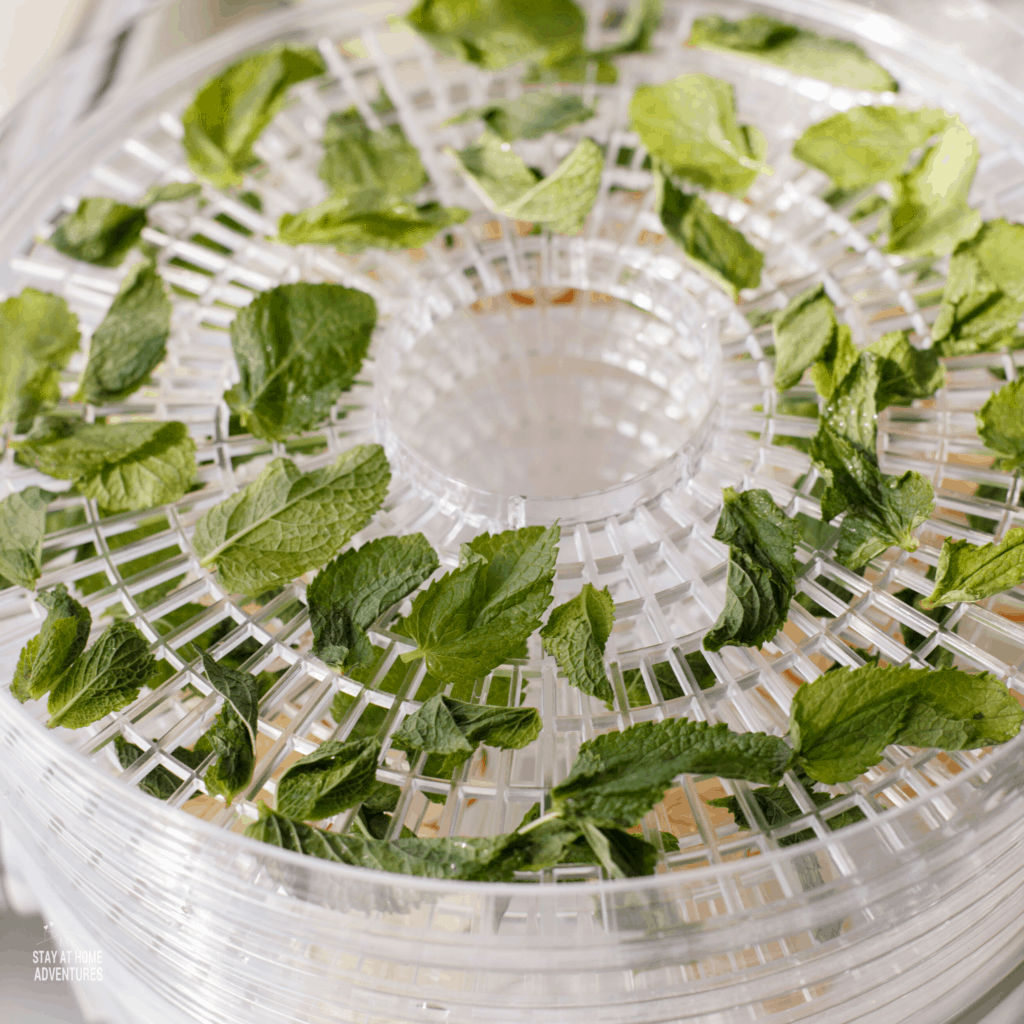
Dehydrate your foods
Now, other forms of food preservation include drying or dehydrating foods. This is another tried and true method, and generally doesn't take much extra equipment, although you can of course buy special dehumidifiers and dehydrators if you are inclined to.
In most cases, you can actually use your oven to dry most meats or to make granola and other dried fruits and grains.
If it is herbs you wish to dry, it's even simpler, as you just tend to tie them in bundles and hang them in a cool, dry place until they are dried. Again, no specialized equipment is needed.
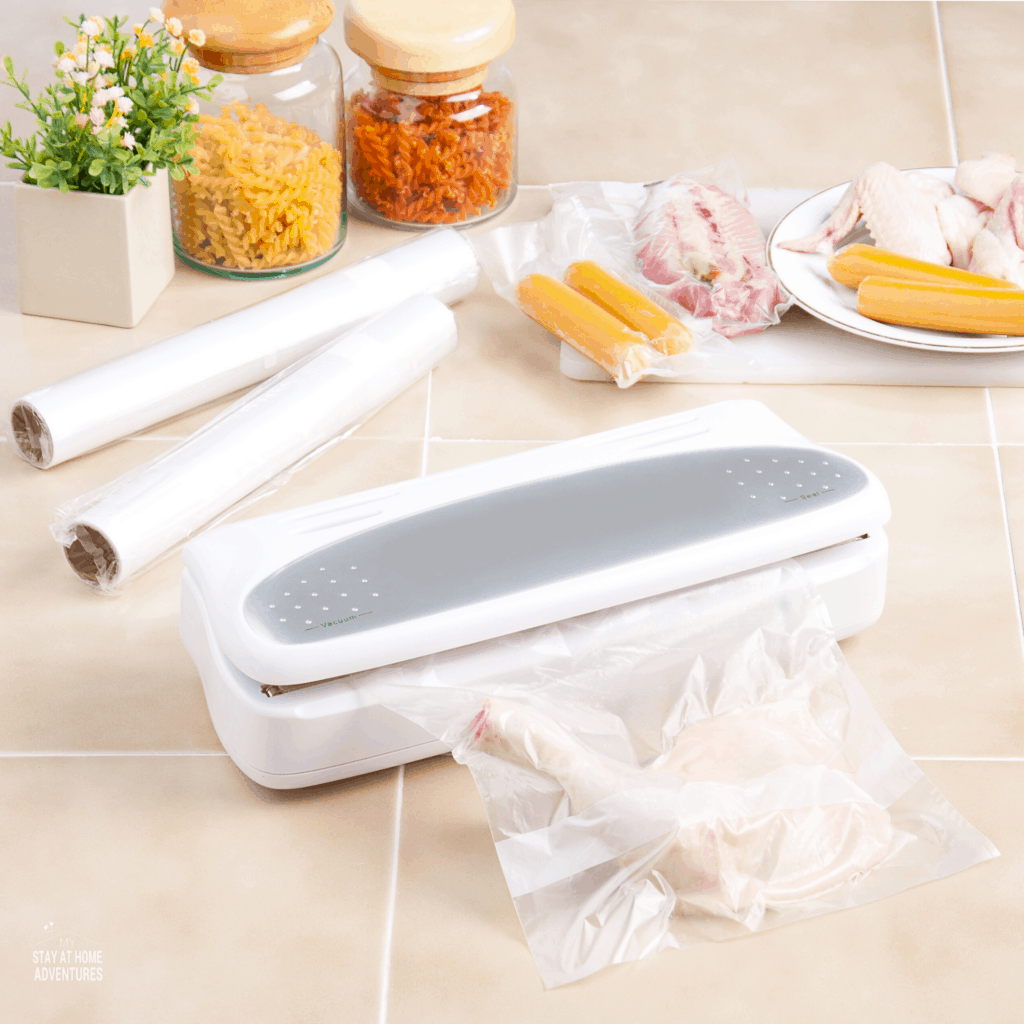
Use a vacuum sealing to store your food
Finally, the newest fad that has hit the food storage market is vacuum sealing.
For this, you need a vacuum sealer of some kind, and there are several brands on the market, as well as the vacuum sheets/bags that are used to seal the food in, airtight, so that it will last longer.
Let's face it, it's oxygen that gets to the food allowing such things as mold to proliferate and spoil our hard-earned provender.
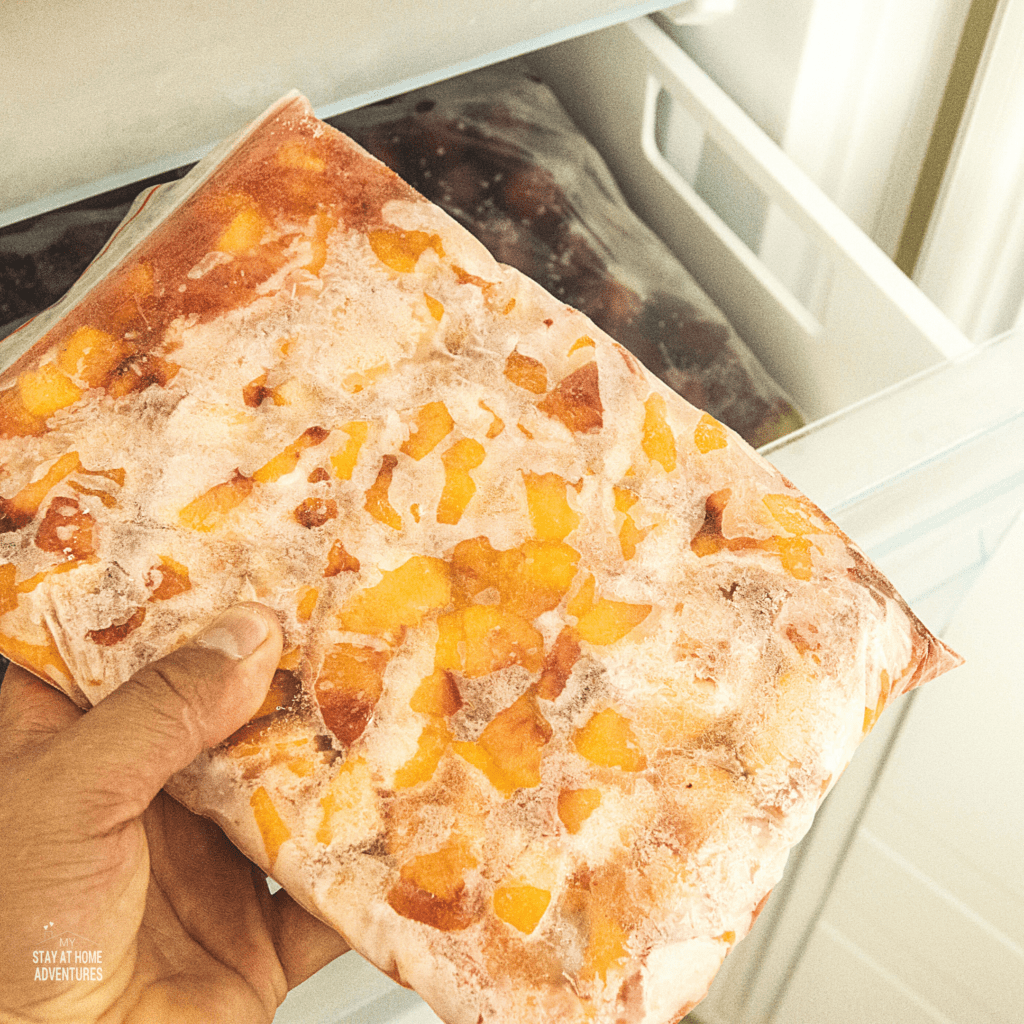
Freeze your food
Another method to store your food is to freeze your food. This method is a very popular one and one anyone can do.
For this method you are going to need:
- Freezer-friendly bags
- Freezer- friendly containers
- Freezer
Make sure you label your containers or bags before placing them in the freezer so you know what's inside.
To remove the air out of the freezer bags before placing them in the freezer without using a freezer bag watch the video below.
Is this method better than the machine? Not really, but it does a good job and the freezer burn is minimal then if I do nothing but store the food in the bag without removing the air.
Using this method works if you find a great deal in meats, and other foods.
Whether it's canning your food, drying/dehydrating it, or vacuum sealing it, eliminating waste is the name of the game when it comes to food storage.
Even basic food storage can be done with the use of aluminum foil, saran wrap, Tupperware-type products, and parchment or wax paper.
Just have the right tool for the job, each type of food and preparation of food has its own specifics for safe storage, so be sure to check with an expert, if you’re in doubt as to what exactly is the shelf life of your various perishables.
Good cooking, eating, and preparation to you.

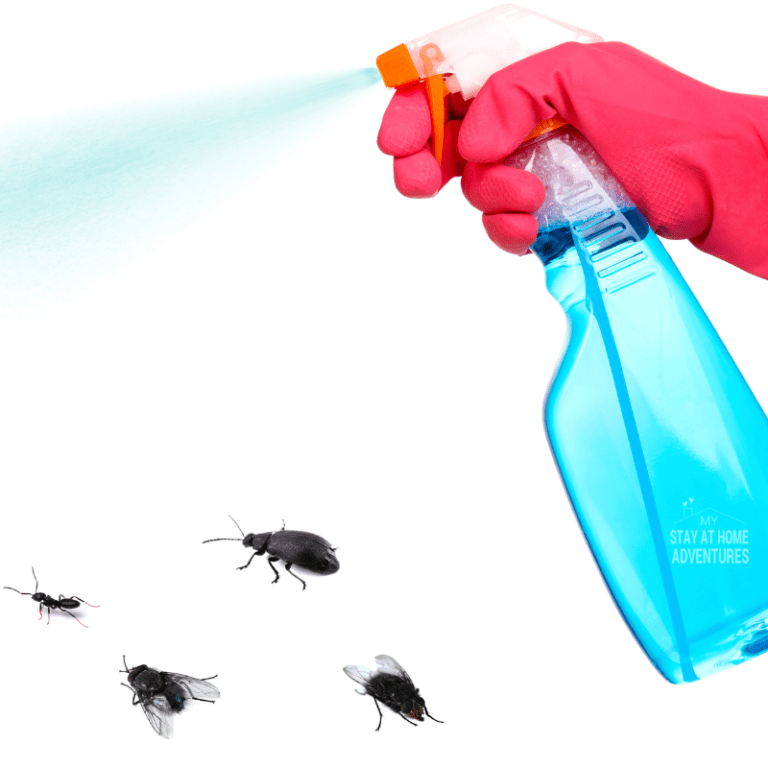



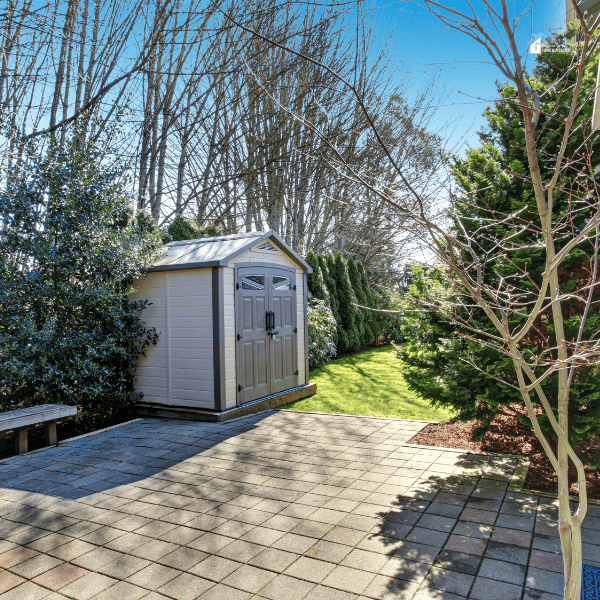

One Comment